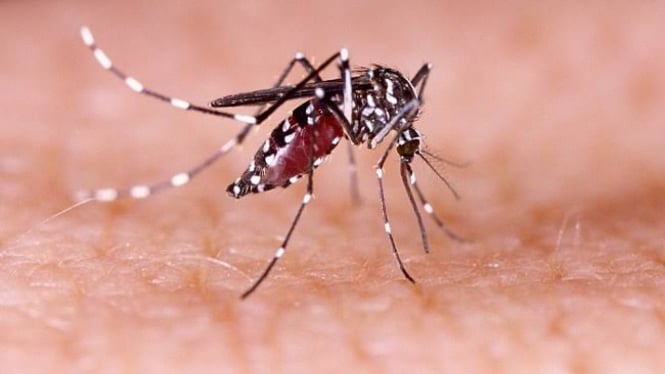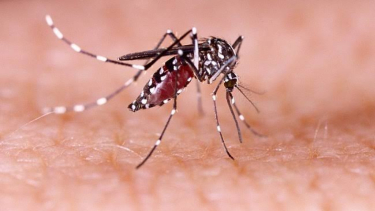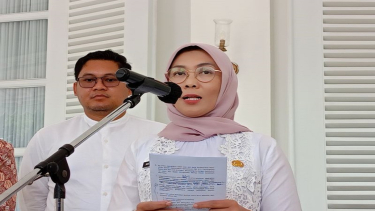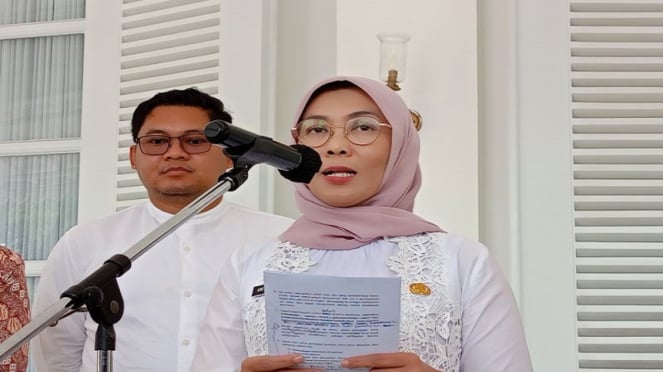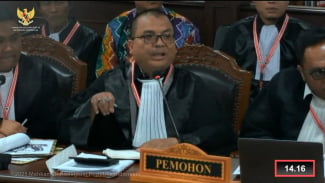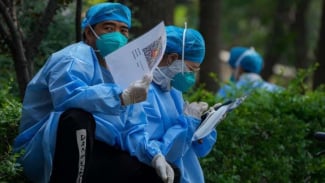Jakarta Health Service to Release Wolbachia Moquitoes
- VIVA.co.id/Andrew Tito
Jakarta – The Jakarta Health Service is still in the preparation phase to release the Wolbachia mosquitoes to control the Dengue cases in West Jakarta with no exact date for the release.
"The first area for the release will be in West Jakarta, specifically in Kembangan Sub-district. If all parties are ready, including the community, we will release the mosquitoes," the Head of the Jakarta Health Service, Ani Ruspitawati, said on Sunday.
Wolbachia is a natural bacteria found in 60 percent of insects, such as fruit flies and bees.
Although Wolbachia is not found in the Aedes Aegypti mosquito, this bacteria can be transferred into the mosquito's body and has been proven to reduce the transmission of viruses including dengue fever, as quoted from Antara site.
According to the Health Ministry, Aedes Aegypti contained in Wolbachia can reduce the replication of the dengue virus, thereby reducing the mosquito's ability to transmit dengue fever.
Jubir Satgas Pengendalian Pencemaran Udara Pemprov DKI Jakarta Ani Ruspitawati
- Antara
Ruspitawati remarked that the release of Aedes Aegypti containing Wolbachia was one of the efforts to control the number of dengue hemorrhagic fever (DBD) cases, besides eradicating mosquito nests and other activities carried out by the provincial government.
Until last May, she informed that dengue cases in Jakarta reached 2,900.
She reminded the public to participate in protecting the surrounding environment, one of which is by regularly checking the existence of mosquito larvae or mosquito breeding sites.
As an effort to control and prevent dengue fever, the provincial government denies the immediate fine of IDR 50 million (US$3000) for residents whose house was found with Aedes Aegypti mosquito larvae.
"It's just an appeal for the people to start paying attention in dealing with the dengue fever," Jakarta Acting Governor Heru Budi Hartono said.
Referring to Jakarta Regional Regulation Number 6 of 2007 concerning Control of Dengue Hemorrhagic Fever, the sanctions on residents violating the PSN 3M Plus and houses found with Aedes Aegypti larvae would be applied gradually.
Starting from a written warning, then a written warning followed by notification to residents by placing stickers on house doors, and a fine of up to IDR 50 million (US$3000) or imprisonment for a maximum of two months.
Meanwhile, dengue fever prevention is the responsibility of the regional government and the community through efforts to eradicate mosquito nests (PSN) 3M Plus, periodic larval inspections (PJB), monitoring the spread of the disease, and outreach.
Regarding dengue fever prevention, it will be carried out through epidemiological investigations in the form of tracing cases of dengue fever patients, then case management, mass fogging, and case management.
